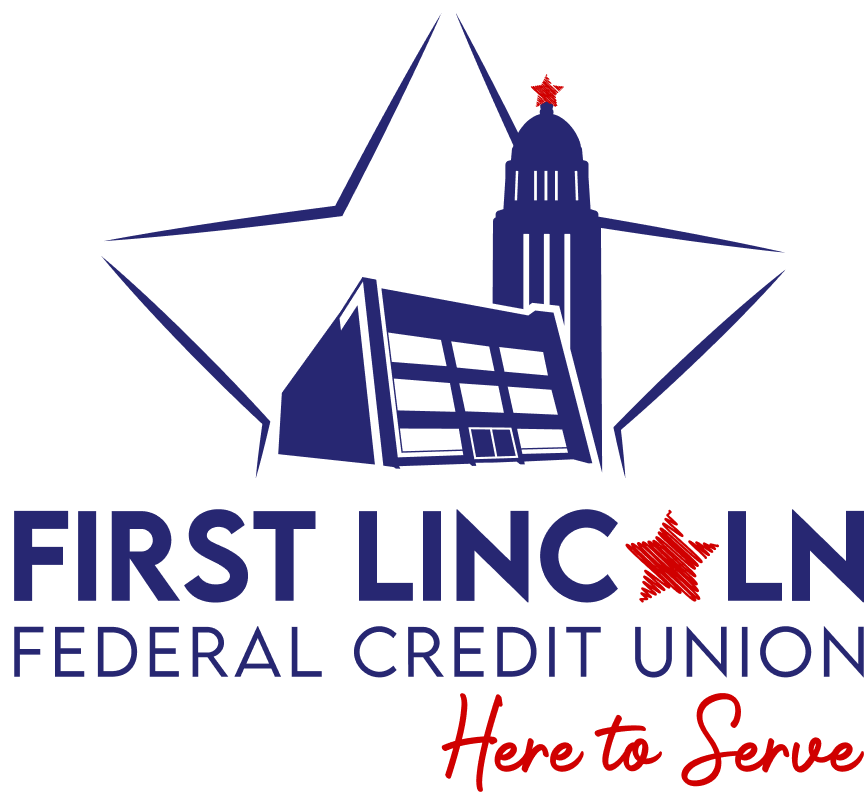Protecting Your Identity
Tips on How to Protect Yourself from Identity Theft
Beware of suspicious e-mails. If you receive an e-mail asking for your personal and/or account information, do not open or respond to it. In many cases, these e-mails are meant to look like your financial institution is making a request for you to verify your account information, but this is not the case. No financial institution will ever ask you to verify your account information online
Do not share personal information, such as account numbers or Social Security Numbers, over the telephone, through the mail, or over the Internet, unless you initiated the contact or know with whom you are dealing
Be suspicious of offers online, over the telephone, or through the mail involving large checks from unknown third parties. These fake check scams starts when someone gives you a realistic-looking check or money order. The unknown individual may attempt to buy an item you are selling, ask you to cash a check as a favor, or offer a business proposition involving an "advance" of funds. Ultimately, the fictitious check will be returned to the depositing financial institution. Remember, you are responsible for the checks or money orders you deposit or cash
Store personal information in a safe place and shred old debit or credit card receipts, credit union receipts, ATM receipts, account statements, and unused credit card offers before throwing them away
Protect your PINs and other passwords. Avoid using easily available information such as your mother's maiden name, your birth date, the last four digits of you Social Security Number, or your phone number, as identity thieves can use this information to access your accounts
Carry only the minimum amount of identifying information and number of credit cards that you need
Pay attention to billing cycles and statements. Contact the credit union or any other institution if you do not receive these documents as scheduled. Signing up for e-statements is an excellent means of avoiding the diversion of these documents
Check account statements carefully to ensure all charges, share drafts, or withdrawals were authorized by you. Sign up for FLFCU Online Home Banking and monitor your account daily
Guard your mail from theft. Do not leave bill payment envelopes in your mailbox with the flag up. Instead, deposit them in a post office collection box or at the local post office. Promptly remove incoming mail. Use e-statements when available



